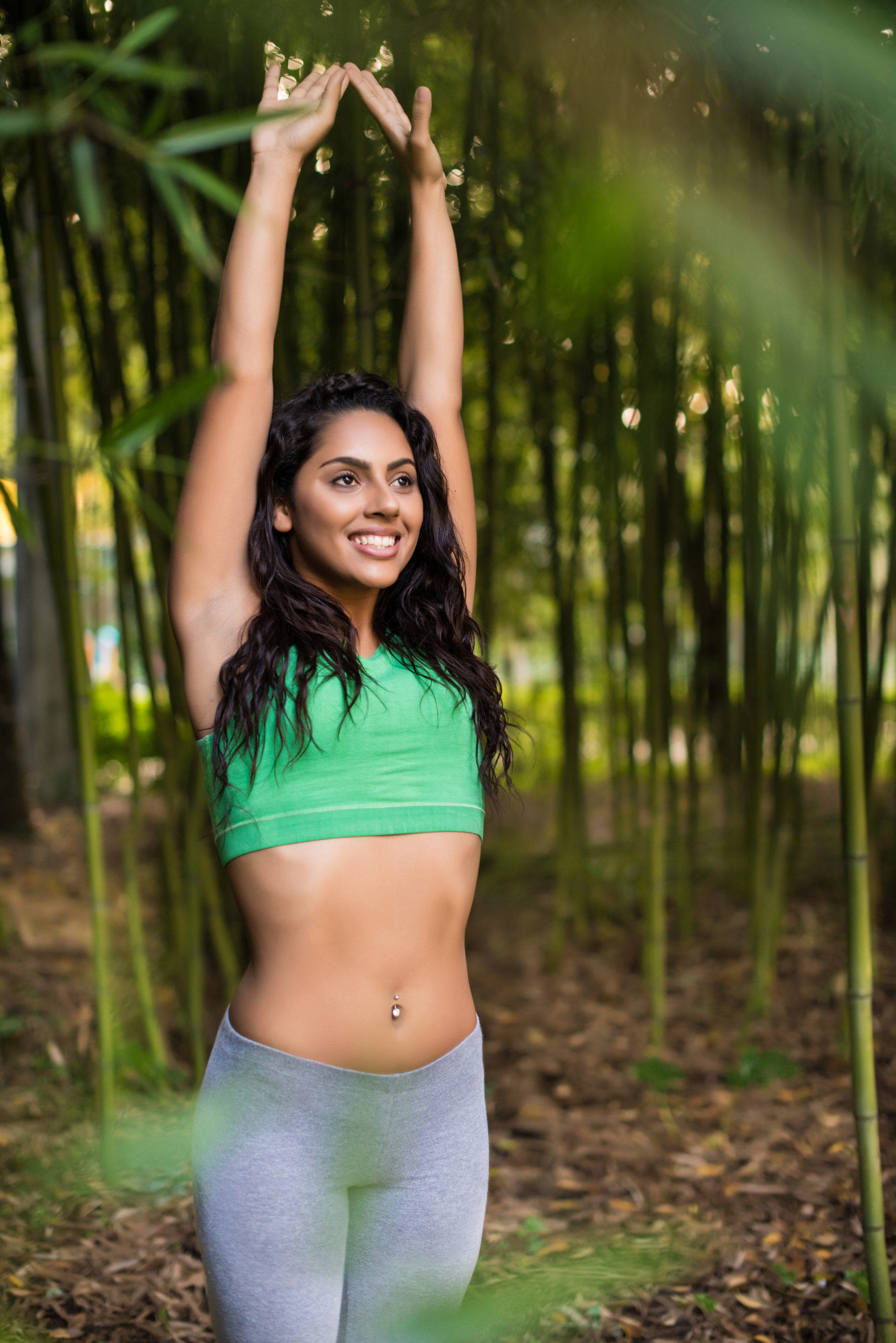- 0427 524 029
- Contact Us
Reiki energy (often described as “universal life energy” or “spiritual energy”) is accessed by the practitioner during a treatment. It enhances the body’s natural healing ability and promotes wellbeing.
Reiki treatment stands on its own as a healing practice and is also safely used to support orthodox and complementary medicine. Reiki doesn’t interfere with or diminish the intended effects of other health or medical practices.
Reiki treatments are increasingly accepted in health and community care facilities including hospitals, hospices and cancer support units. For example, at the SolarisCare Cancer Support Centre at Sir Charles Gairdner Hospital in Perth, Reiki is the most accessed complementary health treatment for cancer and leukaemia patients. Many patients report significant improvements in their level of pain, fatigue, nausea and breathing.
Awaken your heart, mind and body – experience the healing art of Reiki.
- Are you ill, in pain, or in distress and seeking help to cope with your situation?
- Are you feeling low or anxious?
- Does everything feel ‘just too much’ at times?
- Need a way to recharge and gain peace of mind?
Reiki can help.
An abundance of anecdotal evidence about the benefits of Reiki treatment has been a catalyst for credible research into the effects of Reiki. The National Institutes of Health USA have trials underway to investigate the effect of Reiki on stress, fibromyalgia, AIDS, prostate cancer, painful neuropathy and cardiovascular risk factors.
Over the years, Reiki Australia has collated a wide range of research papers, some of which are available here in our site. If there is something you are particularly interested in please do get in touch and we will search our Archives or point you in the right direction.
Pamela Miles, author of Reiki: A Comprehensive Guide and leading US exponent on the integration of Reiki into mainstream healthcare facilities, writes:
‘Studies that have been done so far have shown promising results for using Reiki to reduce stress, anxiety and pain. The data include objective measures (decreased stress hormones, improved immune indicators, decreased heart rate and improved blood pressure) as well as subjective improvements in anxiety and pain.’
Choosing a Reiki practitioner
Reiki treatment practitioners listed in Reiki Australia’s Practitioner directory are insured, have agreed to abide by our Code of Ethics and Code of Conduct for Professional Reiki Treatment Practitioners, and undertake ongoing professional development.
Your Reiki Australia practitioner is a respectful partner in your holistic health and wellbeing program. When you choose a Reiki Australia practitioner you are assured of receiving the highest level of ethical and professional care.

The Five Precepts
Reiki is a spiritual practice and healing art
Reiki, as we know it today, began in the early 1900s. It is recorded that a Japanese man, Mikao Usui, through study, research and meditation had an experience of empowerment that led to the development of Reiki as a healing system. Usui devoted the rest of his life to practising and teaching this art of living and healing.
Over time the system of Reiki healing developed by Mikao Usui has evolved or been changed, by subsequent teachers.
Today a number of different forms, or branches, of Reiki are practised worldwide. A common element of many forms of Reiki is a set of principles or precepts.
While there are variations in the expression and interpretation of the precepts, they are all based on the original teachings of Mikao Usui.
‘The true purpose of the Reiki method is to correct the heart-mind, keep the body fit, and lead a happy life using the spiritual capabilities humans are endowed with since birth.’
The Five Precepts
Recite the five precepts morning and evening, and keep them in one’s heart.
Today, throughout the entire day:
- Do not become angry
- Worry about nothing
- Express one’s gratitude
- Be diligent in work
- Be kind to others.
The above is an excerpt from the translation on a monument to Mikao Usui at the Seihoji Temple in Tokyo.
Stay In Touch
To keep up to date with the latest in industry news, research and events, subscribe to Reiki Australia’s email newsletter, In Touch.
